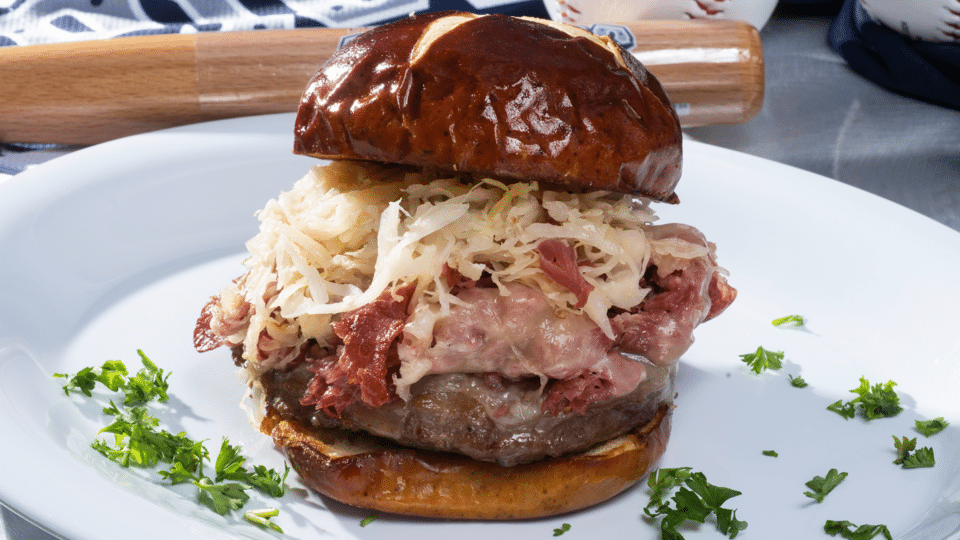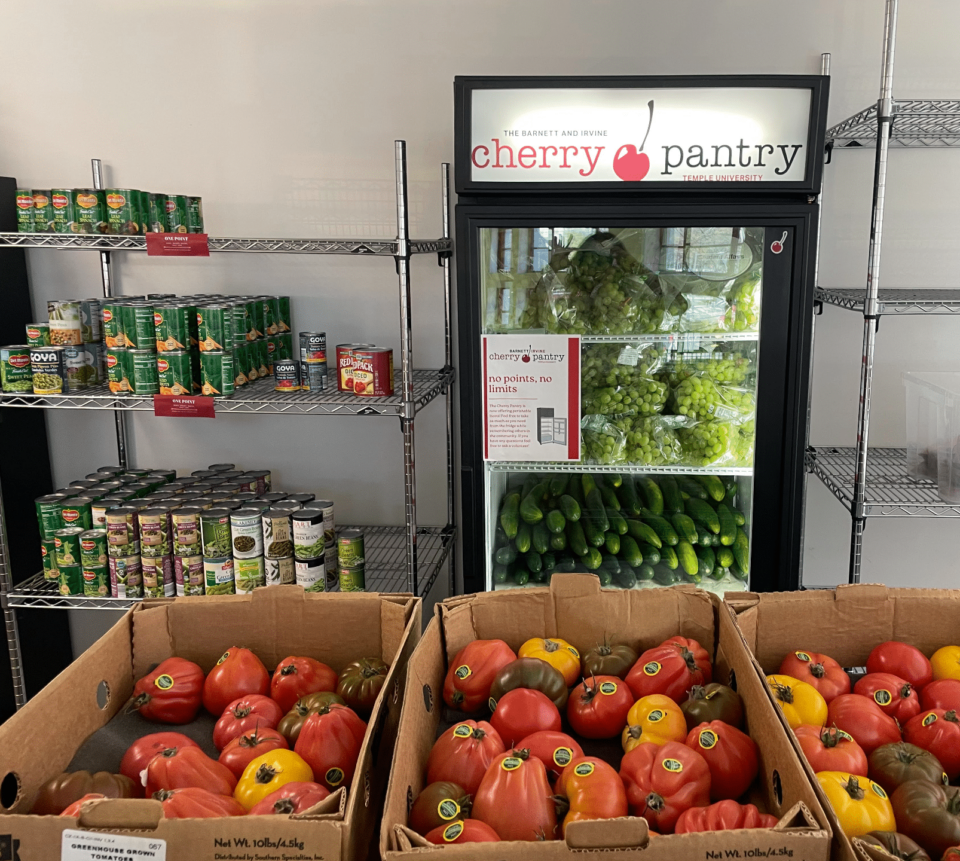When Chef Peter Gilmore, of Gilmore’s Restaurant in West Chester invited me to write about a special Foie Gras Extravaganza he was hosting on Sunday, September 9th I told him I don’t usually do restaurant reviews. What I didn’t say was the reason. I don’t feel feel comfortable even eating in restaurants where the chef is not as skilled as I am, and the thought of reviewing such a place makes me ill with anxiety. I don’t like the idea that I might have to criticize someone who I should be mentoring, not pillorying in print.
Fortunately, I had been to Chef Gilmore’s restaurant before. I knew that he had worked for Georges Perrier (who I consider to be one of the great chefs of the modern French classical period) and most importantly, I had heard nothing but praise from everyone who had ever eaten there. In other words, I knew that I was not being asked to write about the food of someone who I’d have much to teach. I reasoned that he was peer, or perhaps more skilled than me, so the chances that I might have to give a thrumping to a novice were next to nil. Happily, I was right.
The dinner I had was an ($85) prix fixe menu of six dishes, all but one (desert) built around foie gras de canard — a noble form of duck liver that is produced by force feeding ducks to fatten them up. It is a staple ingredient of French cuisine and would be extremely rare here if not for the fact that the United States is blessed with two farms that produce it. When properly prepared in a manner that honors it’s natural texture, taste and aroma, it is miraculously buttery and subtly sweet. It’s aroma of roasted hazelnuts and caramel can make you crazy with nostalgia for things you can’t remember. It’s that good.
Of the five dishes that Chef Gilmore, assisted by sous chef Joanna Fioravanti, produced that night, only a finely puréed soup of butternut squash garnished with caramelized granny smith apples and a cream that was too subtly infused with foie gras, failed to highlight the foie gras. But that doesn’t mean that it wasn’t a superbly crafted soup. Every other component stood out and expressed itself without competing with everything else for my attention.
House smoked salmon and foie gras were tied in a perfectly cooked, perfectly tender crepe in a chef’s textbook-perfect example of a classic beggar’s purse. I could have done with out the distractingly intense andouille sausage in the bright and simple corn and sweet corn emulsion that accompanied the lobster tail and claw poached in butter and laid on a medallion of seared foie gras, but I was probably the only one in the room who fussed over this minor detail.
The magret de canard (a breast from the same duck that gives us foie gras) with port and Asian pear sauce, could only have been conceived by a classically trained chef who made his bones when I did. This classic dish from the nouvelle cuisine period of the later 1970’s, cooked skin side down in a sauté pan to render the fat, and sliced into glistening tranches, used to be one of my signature dishes, and seeing it executed so well made me very-very happy. But the killer, the one dish that caused me to realize that Peter Gilmore is very serious (and may even be able to kick my butt in the kitchen), was foie gras that had been poached in Gewürztraminer wine, molded en terrine, and served with toast.
This was a masterwork that proved to me that Chef Gilmore can accomplish what so many craftsman strive for in pursuit of their art: revelation. By not sullying up the dish with lots of ingredients and instead relying on technique to carry the dish, he revealed the nature of the foie gras. I can still taste it, it was brilliant. Now that’s cooking.
It was a great meal and a memorable one, but not really the best part of the night. That happened as I was walking back to my car and met a couple who I recognized as having just left Gilmore’s a few moments before me. They were regulars, who walked over to the restaurant several times month from their townhouse. They were so happy, I could have knocked them over with a slice of white bread.
They spoke of the hospitality of the host (Richard Rooney), the homelike ambiance of the dining room, the quality and variety of the cuisine that always surprised them and at such a fair price. But most of all they made me remember that there really aren’t very many things one can do in this life that are more gratifying than feeding and serving others well.
For more Foie Gras intrigue, read my article: Georges Perrier Please Don’t Duck




11 Comments